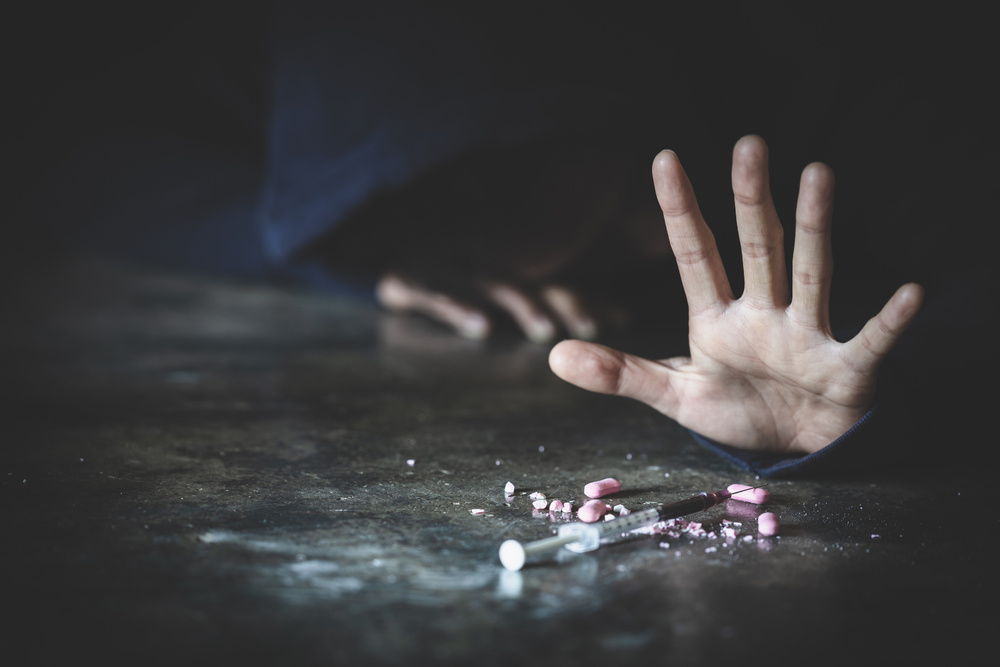The Benefits of Animal-Assisted Therapy in Recovery
Addiction, or substance use disorder (SUD), is listed in the Diagnostic and Statistical Manual of Mental Disorders, Fifth Edition (DSM-5) as a chronic, relapsing brain disorder. According to the American Psychiatric Association, substance use disorder is a “complex condition in which there is uncontrolled use of substance despite harmful consequence.” There are many treatment options available for those struggling with addiction. Every person is different and will require a customized treatment plan to ensure all nuanced needs are accommodated. It is becoming increasingly common to integrate traditional psychotherapeutic methods, such as cognitive behavioral therapy (CBT), dialectical behavior therapy (DBT), psychodynamic psychotherapy, interpersonal therapy (IPT), and more along with holistic treatment modalities (e.g., animal-assisted therapy) into recovery plans for individuals struggling with substance abuse and/ or addiction.
Animal-assisted therapy (AAT), also known as pet therapy, is a type of therapy that involves animals as a part of the therapeutic process to improve physical, emotional, social, and cognitive functioning. Animal-assisted therapy is rooted in the Biophilia Hypothesis, which is the “idea that humans possess an innate tendency to seek connections with nature and other forms of life.” While practitioners began including animals in mental health treatment in the 1970s and 1980s, animal-assisted therapy used in conjunction with substance abuse treatment only began within the last 10 years. Incorporating animal-assisted therapy in addiction treatment programs provides several scientifically documented benefits, as AAT:
- Enhances traditional treatment protocols: A study published in 2019 found that the use of trained dogs helped to boost the effectiveness of treatment.
- Increases motivation: Research shows that people are often more motivated to engage in therapy when animals are involved. The presence of an animal can make therapy sessions feel more enjoyable and engaging, which can improve treatment outcome.
- Promotes a healthy therapeutic alliance: The therapeutic alliance, which refers to the purposeful collaborative relationship between the therapist and the client, is a critical component of effective psychotherapy, and the quality of this relationship is recognized an indicator of treatment outcome. The inclusion of therapy animals during sessions often creates a “platform for initial verbal communication between patient and therapist regarding shared positive attitudes about the animal, which can accelerate the development of a positive interpersonal relationship and improve therapeutic alliance in early sessions.”
- Boosts social interactions: As stated in Human–animal interaction and the benefits to mental health: A phenomenological study, “Animal interaction can act as the vehicle through which social connection may be enhanced or increased.” One study reviewing animal-assisted therapy in psychiatric rehabilitation found that pet therapy “lead to a significant increase in interactions with other patients over the course of 4 weeks in comparison to rehabilitation without animals. This included smiles, sociability, helpfulness toward others, activation, and responsiveness.”
Animals have a unique ability to provide a sense of comfort, acceptance, and unconditional love, which can be particularly helpful during any stage of the treatment process for addiction. The animal interactions that occur during AAT can deliver many benefits to a person facing drug addiction and can have a profound impact on recovery outcome.
For Information and Support
Substance abuse and addiction can be incredibly dangerous and can result in severe short and long-term consequences. If you or someone you know is suffering from substance abuse or addiction, please get help as soon as possible. The earlier you seek support, the sooner you and your loved ones can return to leading happy, healthy, and fulfilling lives. There is no reason to go through this alone, and we are here to help. Please feel free to reach out to us for further information or with any questions regarding substance abuse or addiction. We are available anytime via telephone at: 213-389-9964, or you can always email us at: info@friendlyhousela.org.



